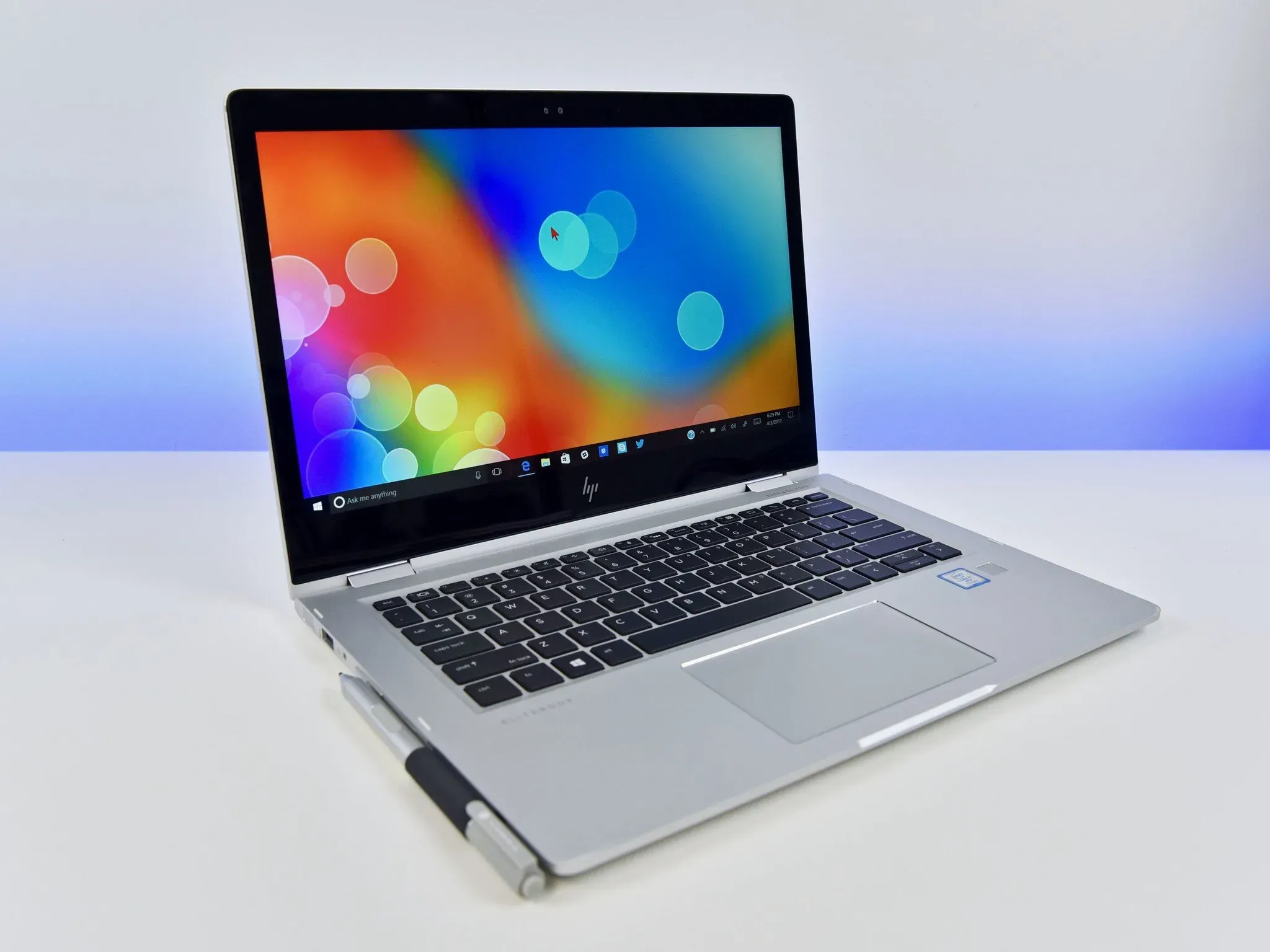ChatGPT search has emerged as a revolutionary tool in the realm of digital information retrieval, creating a significant shift in how users access knowledge online. Developed by OpenAI, this advanced AI search engine offers a unique alternative to traditional platforms like Google, providing users with ad-free search experiences. With the recent removal of barriers to its functionality, ChatGPT now stands as a formidable competitor in the search engine competition, challenging the long-standing dominance of Google Search. By allowing anyone to search without the need for an account, OpenAI has made ChatGPT search not only accessible but also appealing to a broader audience. As the landscape of online search evolves, the comparative analysis of ChatGPT vs Google has become increasingly relevant, highlighting the innovative approaches both platforms take in delivering information to users.
The introduction of ChatGPT’s search capabilities marks a significant evolution in the way we engage with information online. Known for its conversational prowess, this AI-driven tool is reshaping the search experience by allowing users to pose questions and receive immediate, synthesized responses. Unlike traditional search engines that clutter results with ads, this OpenAI search feature emphasizes a streamlined and efficient user journey. As the competition heats up between search engines, particularly with Google’s potential AI advancements, understanding the nuances of these platforms is essential. Ultimately, ChatGPT’s ad-free search presents an intriguing alternative for users seeking straightforward answers without the distractions typical of conventional search engines.
The Rise of ChatGPT Search: A New Era in Search Engine Competition
As of now, the barrier to ChatGPT’s search feature has been completely removed, marking a significant shift in the landscape of search engines. OpenAI has transitioned ChatGPT into a fully-functional search engine accessible to everyone, eliminating the need for user accounts or subscriptions. This strategic move positions ChatGPT as a formidable competitor against established giants like Google Search, which has historically dominated the market with a staggering 80% share of global users.
By enabling open access to ChatGPT’s search capabilities, OpenAI is leveraging the growing demand for AI-driven solutions. The removal of barriers not only enhances user experience but also encourages more individuals to explore this new search platform. This is particularly significant as users increasingly seek alternatives to traditional search engines that often come laden with advertisements and clutter.
ChatGPT vs Google: A Comparison of User Experience
One of the most notable differences between ChatGPT search and Google Search is the absence of advertisements in the former. Users often find that Google Search is filled with ad content, which can detract from the overall search experience. In contrast, ChatGPT offers a clean, ad-free interface that provides users with direct answers and AI-generated summaries without distractions. This streamlined approach caters to users looking for efficiency and clarity in their search results.
Moreover, ChatGPT’s search function prioritizes delivering concise information directly in response to user queries. Instead of presenting a list of links, ChatGPT provides a summary along with citations to relevant sources. This not only saves time for the user but also allows for deeper exploration of topics through reliable citations, enhancing the credibility of the information provided. As a result, users may find ChatGPT to be a more user-friendly alternative, especially for quick information retrieval.
The Future of AI Search Engines: Trends and Predictions
As we look towards the future of search engines, the competition between platforms like ChatGPT and Google is bound to intensify. With Google’s plans to evolve its search capabilities into a more AI-focused assistant by 2025, there is a clear indication that traditional search models are undergoing significant transformations. The integration of advanced AI technologies in search engines is set to redefine how users interact with information online, making it more intuitive and personalized.
In this rapidly changing landscape, ChatGPT’s decision to offer free access to its search engine is a strategic maneuver designed to capture a share of the market before it becomes saturated with AI-driven alternatives. As AI continues to broaden the types of queries users can pose, platforms like ChatGPT are well-positioned to thrive in a future where the demand for ad-free, efficient search options is likely to rise.
Understanding ChatGPT’s Search Functionality
ChatGPT search operates similarly to other search engines in that users can enter queries to receive informative responses. However, what sets it apart is its method of presenting information. Rather than providing a list of links, ChatGPT generates a synthesized answer based on its extensive training data. This innovative approach not only offers users immediate insights but also allows them to access citations, leading to a more comprehensive understanding of the topic.
This AI-driven search functionality emphasizes the importance of verification, as users are encouraged to explore the cited sources for more in-depth information. While the summaries generated by ChatGPT are designed to be informative, it is essential to remember that they are not immune to inaccuracies. This aspect aligns with the challenges faced by Google and other search engines in ensuring the reliability of AI-generated content, highlighting the ongoing need for improvements in this area.
Ad-Free Search: The New Standard for User Satisfaction
The move to ad-free search engines, such as ChatGPT, reflects a growing user preference for clean and straightforward information retrieval. Users often express frustration with traditional search engines that inundate them with advertisements, which can cloud the information they seek. By focusing on delivering pure search results without the interference of ads, ChatGPT is catering to a market that values user satisfaction and efficiency.
OpenAI’s commitment to providing an ad-free search experience not only enhances user interaction but also sets a new standard for what users can expect from search engines moving forward. As more individuals gravitate toward platforms that prioritize direct access to information without commercial distractions, ChatGPT is poised to capitalize on this trend, potentially reshaping user expectations for search engine functionality.
The Competitive Edge of ChatGPT Search Technology
ChatGPT’s search technology is built on sophisticated AI algorithms that allow it to analyze and synthesize vast amounts of information quickly. This competitive edge enables ChatGPT to provide not just answers, but contextual understanding, making it a valuable tool for users looking for depth in their searches. The AI capabilities behind ChatGPT also facilitate the handling of complex queries, providing nuanced responses that are often lacking in conventional search engines.
In contrast to Google, which traditionally relies on link-based results, ChatGPT’s approach fosters a more interactive experience. Users can engage with the information, asking follow-up questions and receiving tailored answers. This dynamic interaction places ChatGPT in a unique position to attract users who seek a more engaging and informative search experience, setting the stage for a new era in search technology.
ChatGPT vs Google: The Battle for Market Share
The competition between ChatGPT and Google is more than just a battle for users; it represents a fundamental shift in how search engines are perceived and utilized. While Google has established itself as the go-to search engine for billions of users worldwide, ChatGPT’s emergence as a viable alternative is reshaping market dynamics. OpenAI’s strategic decisions, such as removing barriers to access, have been pivotal in capturing user interest, presenting a challenge to Google’s long-standing dominance.
As both platforms evolve, the battle for market share will increasingly focus on user experience and technological advancements. Google’s upcoming AI-driven features may enhance its offerings, but ChatGPT’s ad-free, streamlined search experience positions it as a strong contender in this competitive landscape. Users are likely to evaluate these platforms based on convenience, accuracy, and the overall quality of information provided, making the future of search an exciting arena to watch.
Navigating the Future of Search Engines with AI
As we anticipate the future of search engines, the integration of AI technologies like those found in ChatGPT offers a glimpse into a more user-centric approach to information retrieval. The ability of AI to understand and process natural language queries is revolutionizing how users search for information. This shift not only enhances the accuracy of search results but also fosters a more conversational interaction between users and search platforms.
Furthermore, the growing importance of ad-free experiences in search engines signals a broader trend towards prioritizing user satisfaction. As search engines adapt to meet these evolving demands, platforms like ChatGPT are leading the charge by offering innovative solutions that resonate with users. The future of search will likely be characterized by an emphasis on personalization, accessibility, and the seamless integration of AI, positioning ChatGPT as a key player in this transformative landscape.
Exploring the Implications of OpenAI’s Search Engine Strategy
The decision by OpenAI to make ChatGPT’s search feature widely accessible has far-reaching implications for the search engine market. By removing the barriers that previously limited access to paid users, OpenAI is not only democratizing access to AI-driven search technology but also challenging the status quo established by traditional search engines. This strategic move encourages users to explore alternative search options, potentially reshaping their habits and preferences.
Moreover, as users increasingly gravitate towards platforms that offer ad-free experiences and direct answers, the competitive landscape will continue to evolve. OpenAI’s approach may inspire other search engines to rethink their business models, particularly those that rely heavily on advertising revenue. The implications of this shift could lead to a new era of search engines that prioritize user experience over ad placements, creating a more satisfying and efficient search environment for all.
Frequently Asked Questions
What is ChatGPT search and how does it differ from traditional search engines like Google?
ChatGPT search is an AI-powered search engine integrated within the ChatGPT platform, allowing users to ask questions and receive direct AI-generated answers. Unlike Google, which often presents a list of links filled with advertisements, ChatGPT provides concise summaries and citations from sources, enhancing the user experience.
How does ChatGPT search compete with Google Search?
ChatGPT search competes with Google Search by offering an ad-free experience, focusing on providing direct answers rather than linking to multiple web pages. This positions ChatGPT as a viable alternative for users seeking quick and straightforward information.
Is ChatGPT search free to use?
Yes, ChatGPT search is completely free to use. OpenAI has removed all barriers, enabling anyone to access the search feature without needing to log in or create an account.
What are the advantages of using ChatGPT search over Google?
The main advantages of using ChatGPT search include its ad-free interface, faster access to AI-generated answers, and a more conversational search experience. Users can receive summarized information instantly, which can enhance efficiency when searching for knowledge.
Will ChatGPT search evolve to include more features in the future?
Yes, as AI technology continues to advance, ChatGPT search is expected to evolve with improved accuracy, additional functionalities, and possibly more integration with other OpenAI tools, making it a strong contender in the competitive search engine market.
How does ChatGPT handle source citations in its search results?
ChatGPT provides citations alongside its AI-generated summaries, allowing users to click through to original sources for verification or further reading. This practice ensures transparency and helps users confirm the reliability of the information.
What challenges does ChatGPT search face compared to Google?
ChatGPT search faces challenges such as ensuring the accuracy of AI-generated responses and competing against Google’s established user base and resources. Google is also developing its AI capabilities, which could increase competition in the search engine market.
How does ChatGPT compare to Google’s Gemini in terms of search capabilities?
Both ChatGPT and Google’s Gemini offer ad-free search experiences and utilize AI to generate responses. However, ChatGPT focuses on providing direct answers with citations, while Gemini is still developing its features. The competition between them is expected to intensify as both continue to innovate.
What should users know about the reliability of ChatGPT search results?
While ChatGPT search provides informative AI-generated summaries, users should be aware that the information may not always be accurate. It is advisable to verify answers through the provided citations or additional research, similar to practices used with traditional search engines like Google.
What is the future of search engines with AI advancements like ChatGPT?
The future of search engines is likely to be shaped by AI advancements, with tools like ChatGPT offering more personalized and efficient search experiences. As AI technology evolves, we can expect increased competition and innovation among search engines, enhancing how users access information.
| Key Point | Details |
|---|---|
| Accessibility of ChatGPT’s Search | ChatGPT’s search feature is now fully open to everyone without any restrictions or account requirements. |
| Comparison with Google Search | ChatGPT search is positioned as a direct competitor to Google, providing a similar search experience without ads. |
| User Experience | ChatGPT offers AI-generated summaries and citations instead of traditional links, enhancing user experience. |
| Future of Search | Both OpenAI and Google are evolving their search technologies, with Google planning an AI-driven approach by 2025. |
| Challenges and Improvements | ChatGPT and other AI search engines like Bing need to improve accuracy and reliability of generated responses. |
Summary
ChatGPT search has now become a strong contender in the search engine market, directly competing with Google Search. With the removal of access barriers, anyone can utilize ChatGPT’s search capabilities without needing an account. This shift emphasizes a user-friendly experience, providing AI-generated summaries instead of conventional links, and without the clutter of ads. As both OpenAI and Google enhance their search functionalities, the landscape of online search is set for significant transformation, making 2025 a critical year for innovations in AI-driven search.










